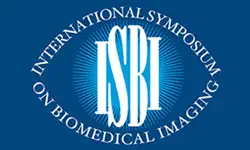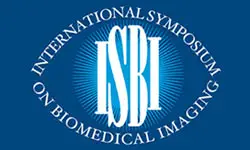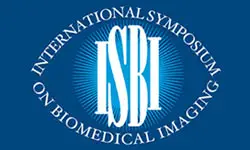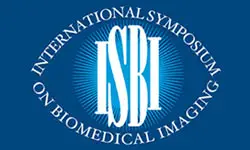-
Members: FreeSPS
IEEE Members: $11.00
Non-members: $15.00Length: 00:02:15
21 Apr 2023
The success of deep learning relies heavily on large labeled datasets, but we often only have access to several small datasets associated with partial labels. To address this problem, we propose a new initiative, "Label-Assemble", that aims to unleash the full potential of partially labeled data from an assembly of data on hand. We discover that learning from "negative examples" facilitates computer-aided disease diagnosis and detection. This discovery sheds new light on the diagnosis of novel diseases, where "positive examples" are hard to collect, yet "negative examples" are relatively easier to assemble. Assembling existing labels from ChestXray14 (available since 2017) significantly improves the accuracy of COVID-19 diagnosis from 96.3% (previous state of the art) to 99.3%. Assembling partial labels can also help disease detection, e.g., the detection of pancreatic ductal adenocarcinoma (PDAC) can greatly benefit from leveraging the labels of Cysts and PanNets (two other types of pancreatic abnormalities), increasing sensitivity from 52.1% to 84.0% and maintaining a high specificity of 98.0%.



